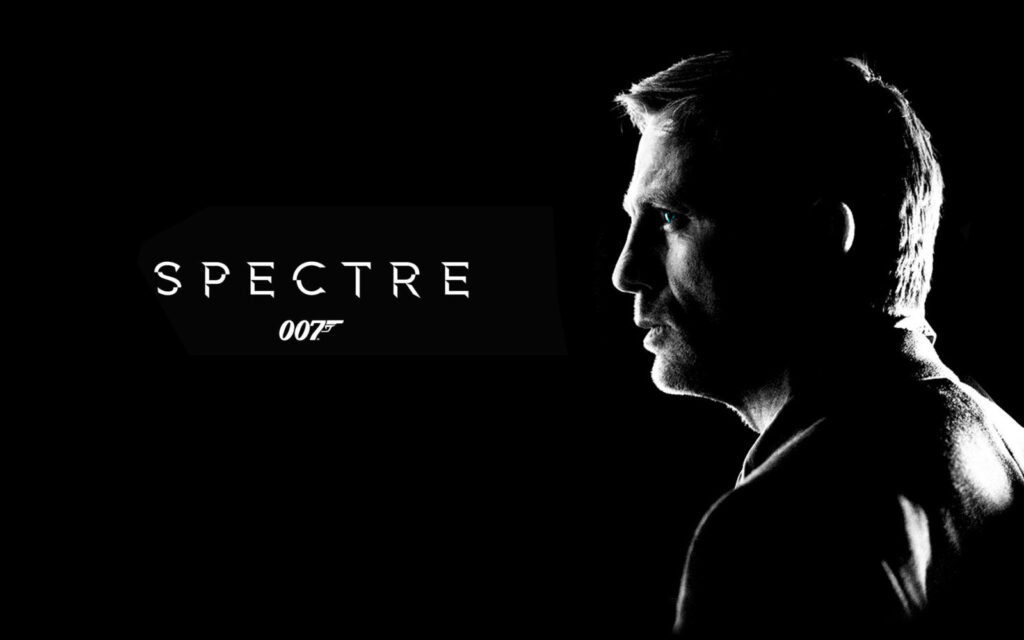Mass surveillance is not a new phenomenon. If you know the story of Edward Snowden, you would probably be knowing about the issues concerning mass surveillance and the irregularities done by National Security Agency (NSA). Their goldmine is at Bluffdale, Utah and is termed under the name of Mission Data Recovery. In this information age, the old imperialistic vision has taken a step forward and is now governing through the control on flow of information. The state who owns it has the upper hand. In the wake of recent Paris attacks, does the movie Spectre justify issues pertaining to mass surveillance?
<The movie portrays an MI6 top bureaucrat, C, working closely with a secret organization called Spectre. The secret organization was supposed to carry out mayhem worldwide only to support a theory that terrorism can be best tackled through control over flow of information. Something similar to what we are seeing now. Mr. John Brennan, the director of CIA, advocating or rather stressing on carrying out mass surveillance to tackle the current problem. And of course, French president François Hollande advocating the same. Criticism on such statements might look too harsh at the moment. The movie however criticizes it and reinstates that field agents are required more than carrying out mass surveillance.
Edward Snowden revealed few years back that a program known as PRISM is even more dangerous. The program that collects user data from the companies such as Google, Yahoo, and Microsoft. This would ensure vast amount of data collection from across the continents. The exchange of messages between top officials of some countries might well be on the target list. And who knows a little blackmailing on such countries would probably do a good check on its growth. What will be its benefit is a matter of another debate.
Spectre lacks a good plot and the obvious style of Mr. Bond. A more comprehensive plot on mass surveillance could be seen in the 2013 movie, Closed Circuit. For style or action, you would probably want to see Casino Royale and Rogue Nation again. The agent 007 in the movie Spectre was all in to destroy that secret terrorist organization. But in the real world, it has become too hard for us to distinguish between a state and a terrorist organization. And most of its confusion dates back to an era when the U.S.A was interfering in the middle east for controlling the oil trade. Powerful regimes were thrown out and an unnecessary vacuum of power was created. The organizations such as Al-Qaeda and ISIS are the results of such devastating interference. Debate over deliberate efforts to create both organizations would look more fragile or part of some conspiracy theory against the U.S.A. But absorbing such events as lack of farsightedness or understanding in the foreign policy of U.S.A would also not justify a state having such big future plans of mass surveillance.
Some movies are also being made to promote anti-terrorism sentiment. Frankly, this is not a very bad thing to have happened. One of the cables released by Wikileaks reveals that the foreign policy of UK interferes greatly with the art and media community of India. But Spectre is certainly not one of them.
References:
1. Bollywood:
https://www.wikileaks.org/plusd/cables/07LONDON4045_a.html
2. PRISM:
http://www.theguardian.com/world/2013/aug/23/nsa-prism-costs-tech-companies-paid
3. Edward Snowden:
http://www.wired.com/2014/08/edward-snowden/
4. ISIS:
http://www.theatlantic.com/international/archive/2015/10/how-isis-started-syria-iraq/412042/
5. Paris attacks:
http://www.nytimes.com/2015/11/17/us/after-paris-attacks-cia-director-rekindles-debate-over-surveillance.html?_r=0
